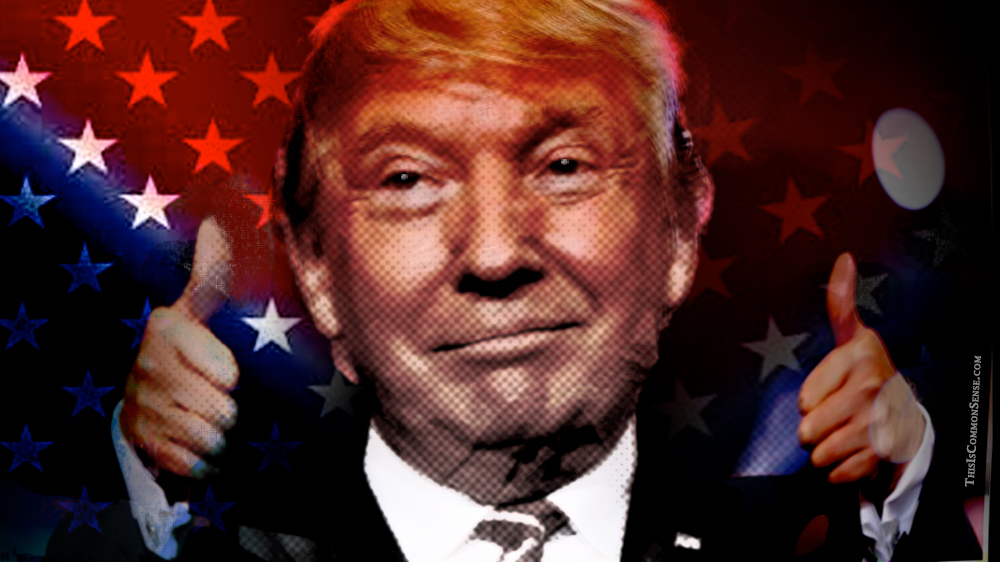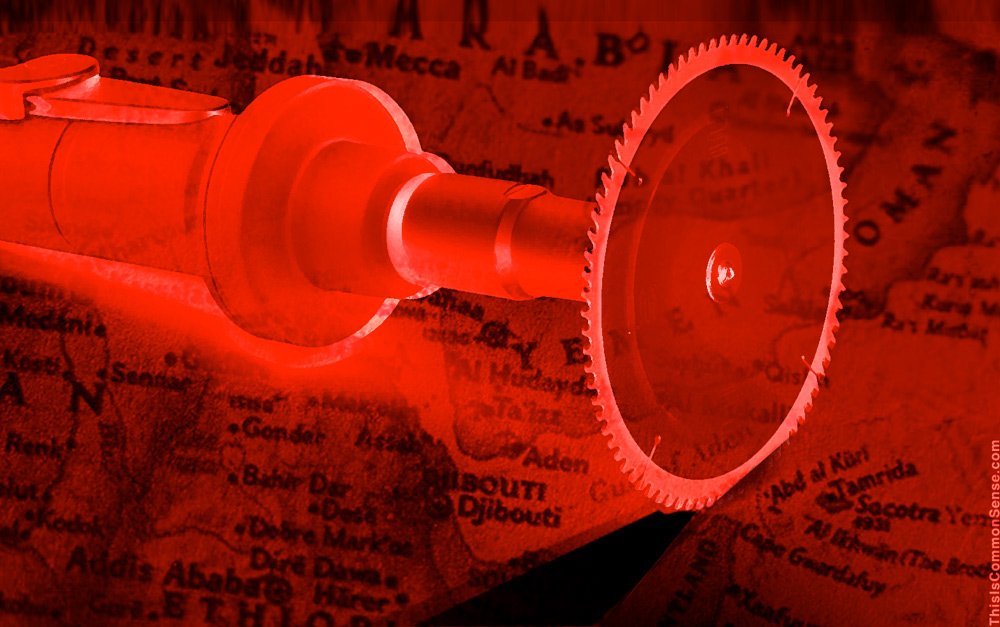What are you thankful for?
Surely you were asked over Thanksgiving by friends or relatives — just as the president was by reporters. No doubt you had more social grace than to launch into a full-throated self-endorsement.
In his defense, President Trump first answered, “For having a great family,” before quickly pivoting to “and for having made a tremendous difference in this country. . . . This country is so much stronger now than it was when I took office that you wouldn’t believe it.”
Yes, hard to believe.
Thankful for Saudi Arabia? The Donald is. Oil prices are down.
Controversially, Trump also decided that Saudi Arabia has suffered enough for their grisly state murder of Washington Post contributor Jamaal Khashoggi. U.S. sanctions have indeed been firmly placed on 17 Saudis accused of involvement in the murder, but no action taken against Crown Prince Mohammed bin Salman, who the CIA “assesses” was “likely responsible.”
“It’s a very complex situation,” the president told reporters. “It is what it is.
“We’re not going to give up hundreds of billions of dollars in orders and let Russia, China and everybody else have them,” Trump continued. “It’s America first.”
“Our relationship with Saudi Arabia has always been transactional,” explained the American Enterprise Institute’s Danielle Pletka on NBC’s Meet the Press. “Our relationship with Saudi Arabia has always been about our larger goals in the region, not out of admiration for Saudi Arabia’s rule of law, human rights record, or anything else.”
“Transactional” is a pretty word for this foreign policy, with pretense about human rights or without.
How thankful should we be for that?
This is Common Sense. I’m Paul Jacob.
» See popular posts from Common Sense with Paul Jacob HERE.



